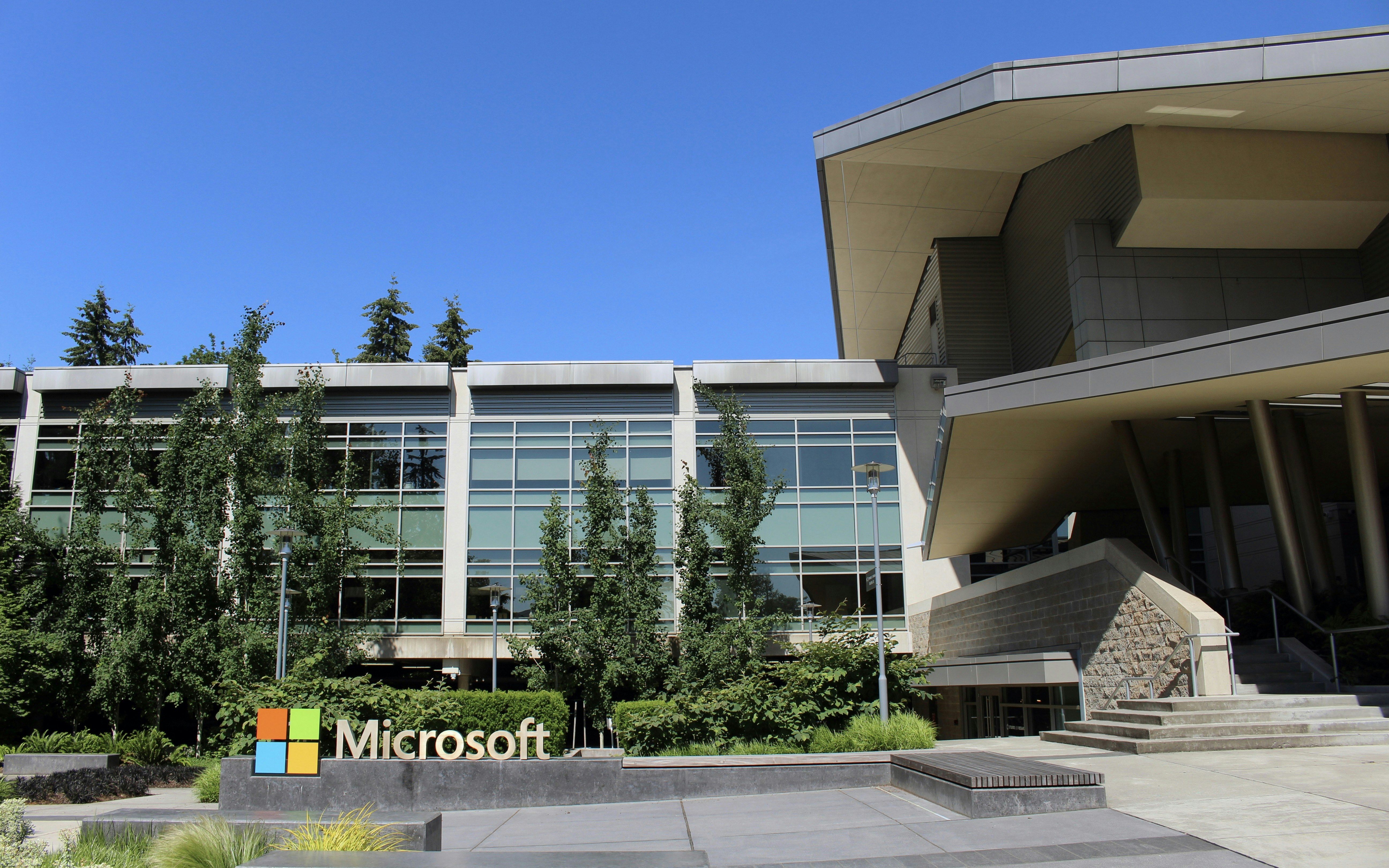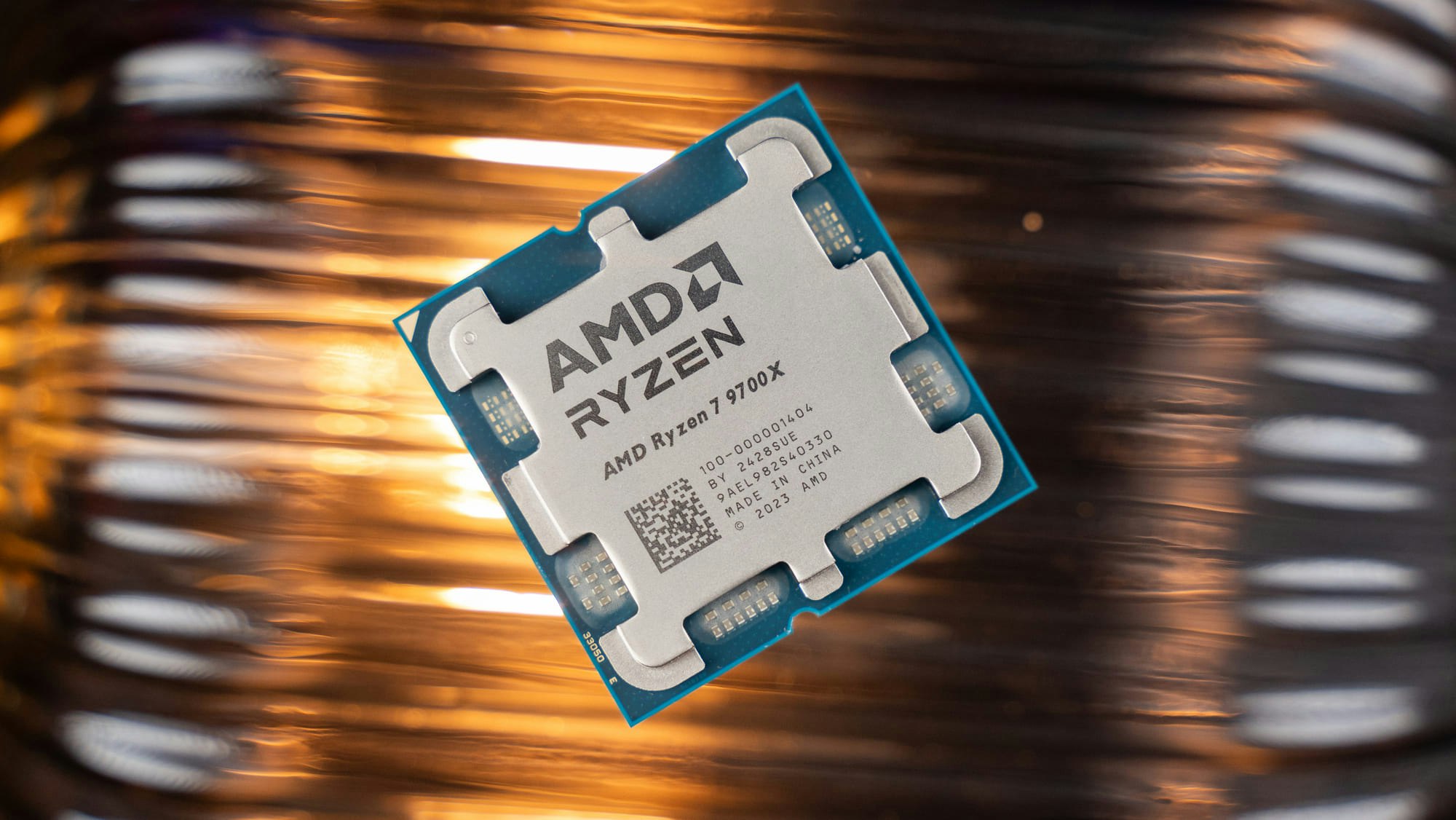Technology
Microsoft grows – and simultaneously cuts jobs massively: What lies behind the new efficiency paradigm
Despite record profits, tech companies are cutting jobs because artificial intelligence simply makes many tasks redundant.

Microsoft reports a profit increase of nearly 25 percent in the quarter, market value nearing the four-trillion-dollar mark. However, the company under CEO Satya Nadella is laying off thousands of employees—not out of necessity, but out of strategic conviction. Intel and BT have also recently announced extensive job cuts, often explicitly citing artificial intelligence.
What was once considered a last resort is now celebrated as progress: More output with fewer people. Revenue per Employee has become a key KPI in the tech world. The trend towards the "Tiny Company" – maximally efficient, minimally staffed – is publicly celebrated. Start-ups boast about skeleton teams, OpenAI CEO Sam Altman even talks about the one-man billion-dollar company.
The job market has already changed. Demand for developers has plummeted, large companies are automating analysis and research work with LLMs. A Big Four company reduced its research cycles by 75 percent by replacing 3,600 analyst hours with AI.
Above all, the upheaval affects career starters. Junior positions and classical career ladders are disappearing. The trend toward offshoring and budget discipline is reinforcing this, but AI is becoming a catalyst. Dirk Hahn, CEO of recruitment agency Hays, sees the recovery of many white-collar jobs significantly slowed by the AI boom.
What this means for organizations is open. If entry-level positions are eliminated and middle management levels become thinner, there is a long-term risk of a shortage of executives. The development of talent within the company becomes more difficult – not only economically, but also culturally.
At the same time, the question arises: Are leaner organizations automatically more resilient? Efficiency gains do not equate to resilience. Lack of redundancies can backfire during shocks – from supply chain crises to AI malfunctions. Klarna, for example, rolled back after AI-driven downsizing proved to be a service disaster.
Technological progress replaces routine, not relationships. Creativity, emotional intelligence, and complex decision-making gain value – if they are developed and nurtured. Currently, however, doors are being closed rather than opened.






